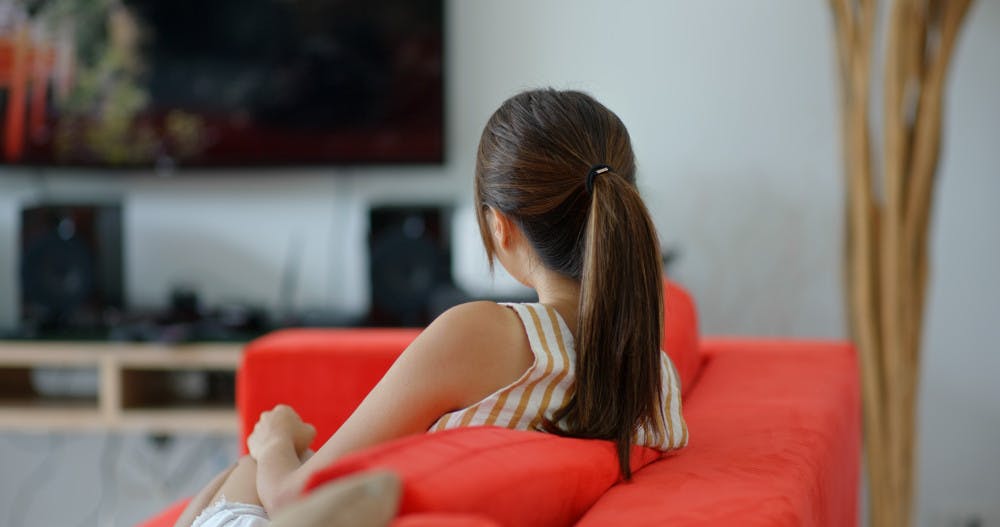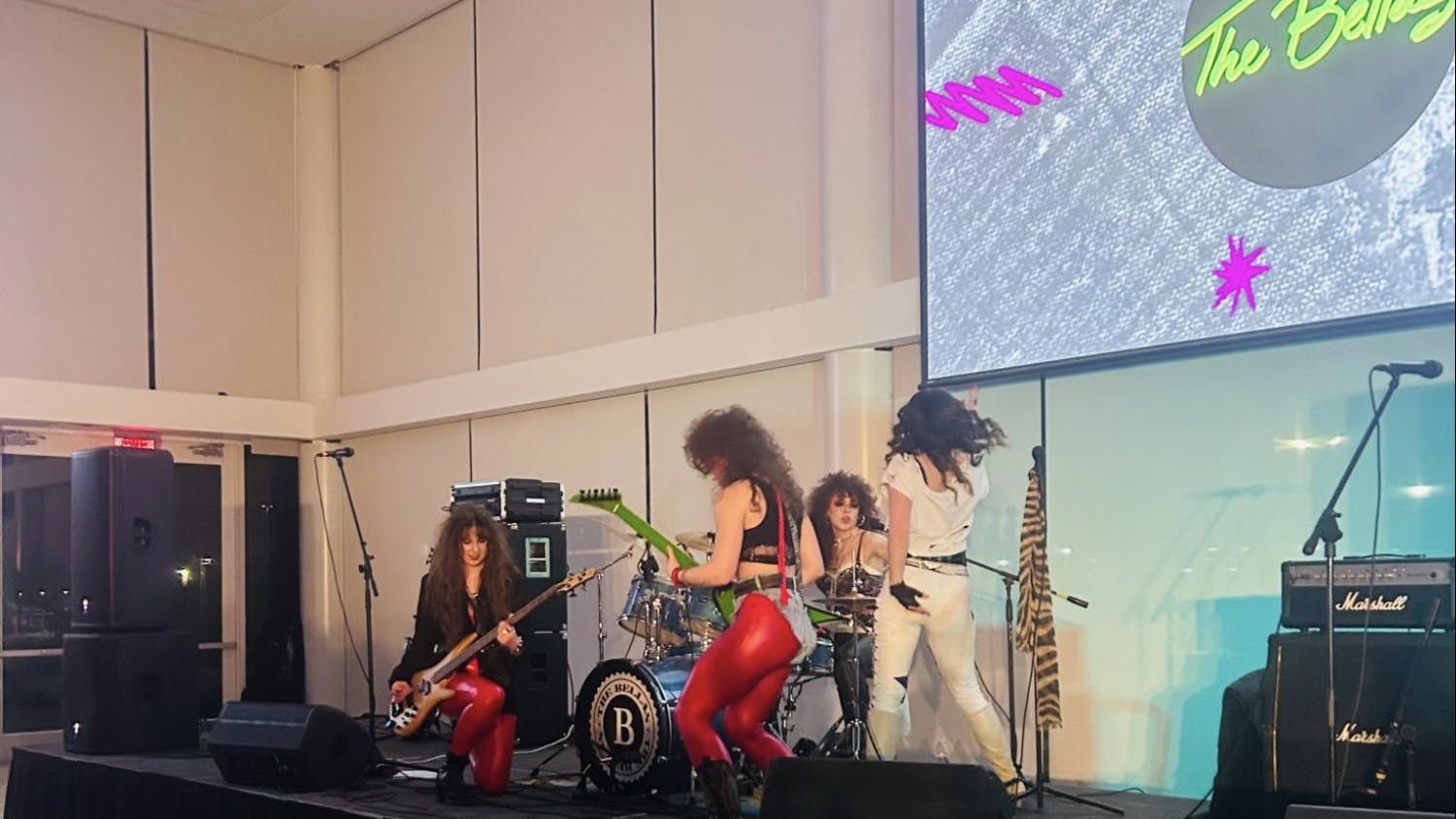By Kailee Walsh
Correspondent
Hulu’s “Ramy” follows the title character as he tries to find love in the shadow of his Muslim upbringing. Unclear of his connection to his religion, Ramy lives trial and error in his faith, in his relationships and in everything he does. He’s just trying his best.
“Ramy” is a show written by and starring 28-year-old Ramy Youssef. It’s a TV show created by a stand-up comedian, but it’s not about being a stand-up comedian.
Youssef’s title character doesn’t even do comedy –– he’s a regular man living in a New Jersey home with his immigrant parents, who originate from Egypt, and his sister Dena (May Calamawy).
All 10 episodes of Ramy are streaming now and a second season is now in production, as it was recently renewed by the streaming company.
The A24-produced drama takes a different approach to comedy, making audiences laugh in places they wouldn’t expect, or even in times where they feel like they shouldn’t.
Ramy is a flawed character who inevitably causes the people around him to grow angry with him, as audiences start to feel the same way. It is almost frustrating to see him get knocked down as many times as he picks himself back up.
His friends Ahmed (Dave Merheje) and Mo (Mohammed Amer) scold Ramy for things such as dating non-Muslim girls and being unemployed. But as much as Ramy has grown up to feel connected to his Muslim faith, he is conflicted in that he likes to drink, date multiple women, and have sex.
In an interview with David Folkenflik for the WBUR radio program On Point, Youssef said he doesn’t want to make excuses for Ramy just because he gave the character his name. He wants to be as normal as any other 20-something trying to pave his way through adulthood.
"But what is remarkable about 'Ramy' isn’t that it significantly differs from other millennial coming-of-age stories. It’s that it doesn’t," Youssef says in the interview.
This also applies to normalizing the Muslim-American family and man, in a world where it has been difficult to do so. The show aims to shine a light on a different, and perhaps complex view on the Muslim community. It aims to show that he and his family are just as complicated as anyone else.
The show has a couple of episodes where the focus is taken off the main character and turned to the women in his life.
Ramy’s sister Dena is an anthropology major graduate student with her own set of issues, specifically in regards to her being a millennial Muslim woman. The show exhibits her parents treating her differently compared to Ramy because of her gender, provoking discussions about double standards.
The show is shot in a way that puts emphasis on colors to generate to generate specific emotions from audiences. A bright blue color is at the forefront of the screen when it reflects on Ramy’s face as a child. This emulates a pleasant tone, giving viewers a warm and fuzzy feeling.
The opening scenes of each episode are cut similar to the style of FX’s “Atlanta” or HBO’s “Barry” –– they move quickly when something serious or surreal happens, which draws audiences in closer.
But what’s remarkable about this debut isn’t the cinematography, it’s in Youssef’s unique perspective on a story that’s been told before, but in a lens that more people need to look through themselves.







